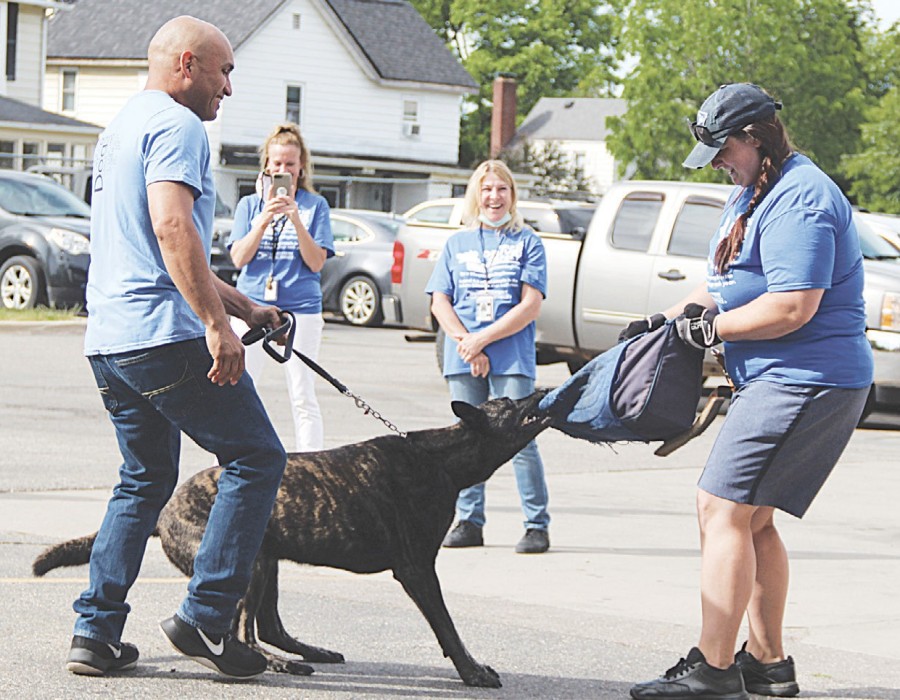When it comes to lone workers, particularly those in roles where they may encounter dogs, it's crucial to implement measures to prevent dog bites and ensure their safety. Here are some essential tips for preventing dog bites in lone-worker scenarios:
Risk Assessment
Conduct a thorough risk assessment of lone worker environments to identify areas where dog encounters are likely to occur. This could include outdoor work sites, residential neighborhoods, or properties with pets.
Training and Education
Provide comprehensive training to lone workers on how to recognize and respond to potential dog aggression. Educate them on body language cues that may indicate a dog is feeling threatened or agitated and teach them appropriate strategies for de-escalating situations.
Personal Protective Equipment (PPE)
Equip lone workers with appropriate personal protective equipment, such as bite-resistant gloves or sleeves, to minimize the risk of injury in the event of a dog bite. Additionally, consider providing tools like dog deterrent sprays or noise devices as an extra layer of protection.
Communication Protocols
Establish clear communication protocols for lone workers to follow in the event of a dog encounter. Encourage them to notify their supervisor or a designated contact immediately if they feel unsafe or threatened by a dog, and ensure that there is a system in place for providing assistance or intervention as needed.
Safe Work Practices
Implement safe work practices for lone workers, such as avoiding entering properties with unrestrained dogs whenever possible and maintaining a safe distance from unfamiliar dogs. Encourage workers to assess the environment for potential hazards before approaching a property or engaging with a dog.
Emergency Response Procedures
Develop comprehensive emergency response procedures for dog bite incidents, including protocols for seeking medical attention and reporting the incident to management. Ensure that lone workers are familiar with these procedures and know how to access help quickly in the event of an emergency.
Regular Check-Ins
Establish a system for regular check-ins with lone workers to monitor their safety and well-being. Encourage workers to report any dog-related incidents or concerns promptly so that appropriate action can be taken to address them.
By implementing these preventive measures, you can help protect lone workers from the risk of dog bites and create a safer work environment for everyone involved. Remember, proactive planning and preparation are key to minimizing the potential dangers associated with dog encounters in lone worker settings.





Comments